Transforming First Nation Education
First Nations have always upheld vibrant education systems rooted in language, culture and community.
Colonial policies disrupted them.
We’re working to re-assert control of our lifelong-learning systems.
So future generations can thrive.
About the First Nations with Schools Collective
We are a collective of nine First Nations in Ontario. Each nation has its own schooling system, including an on-reserve school. As a group, we are leading transformative work to restore traditional knowledge, revitalize languages and build local First Nation education systems grounded in Indigenous worldviews.
Our vision calls for equitable, needs-based funding that supports the inherent and treaty rights of First Nations people, and sustains leadership in Indigenous education.
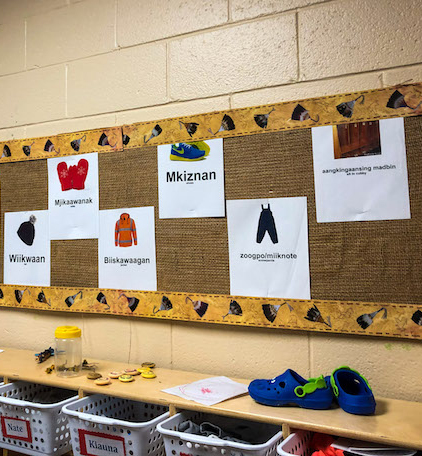
FNWSC First Nations
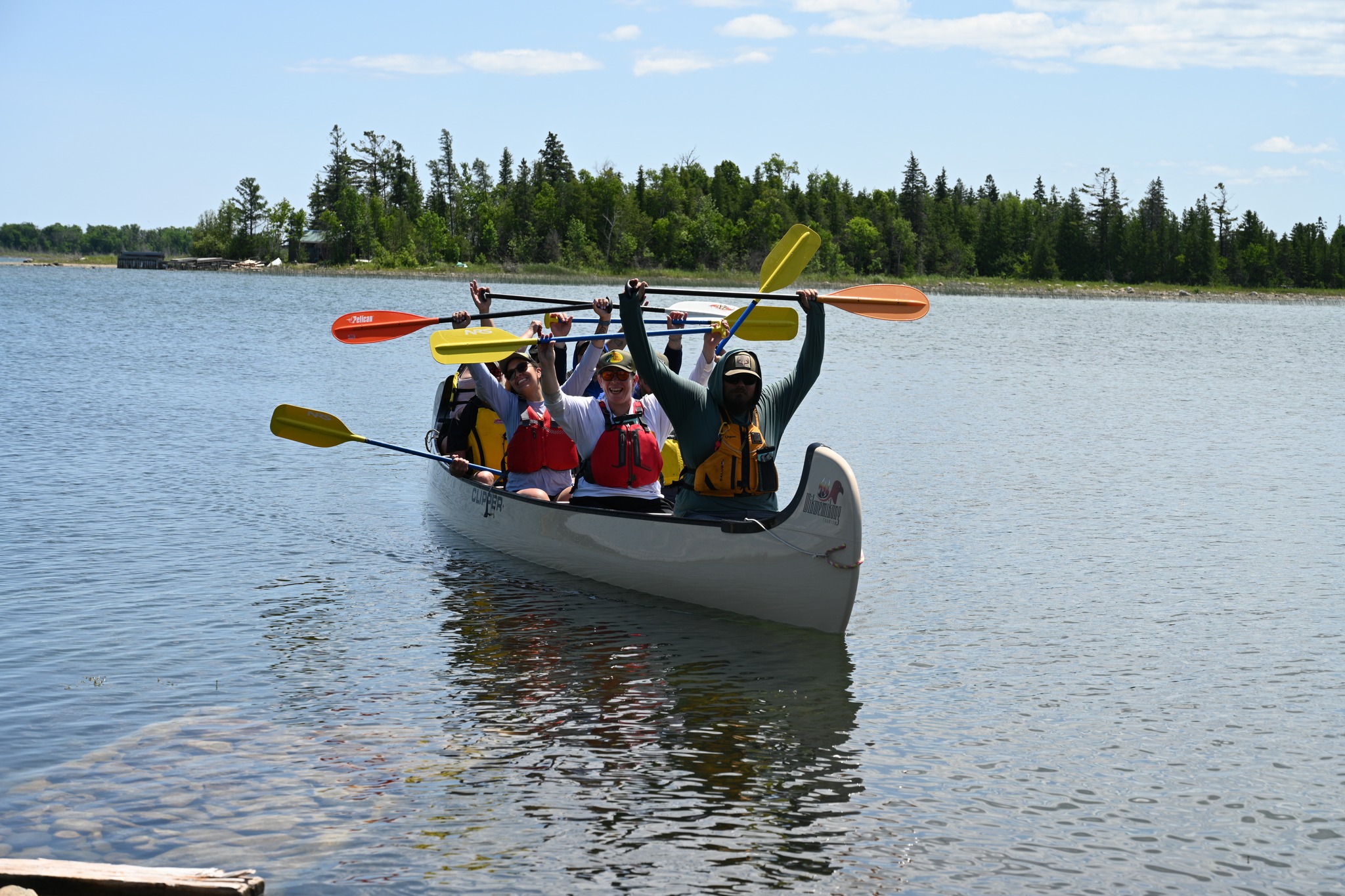
Participating Anishinaabe and Haudenosaunee member First Nations of the FNWSC are:
Chippewas of the Thames First Nation
Mississaugas of the Credit First Nation
Oneida Nation of the Thames First Nation
Wiikwemkoong Unceded Territory
Our Work
Our front-line work advances the FNWSC pillars of First Nation education jurisdiction, government relations and funding reform. Please see below for more details on the work we do to advance those pillars.
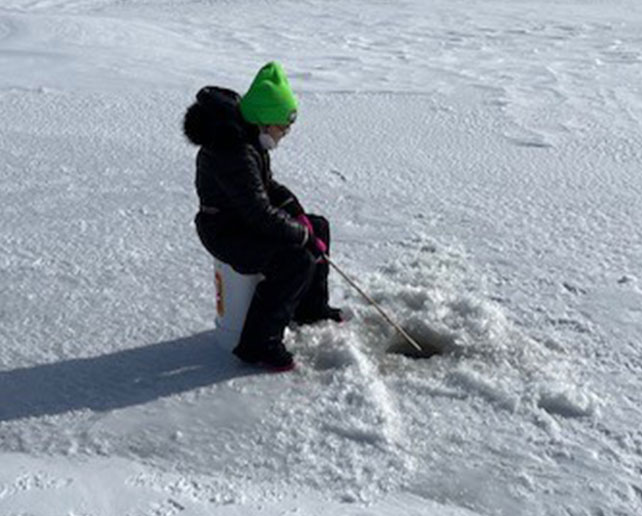
The FNWSC participates in a Joint Education Technical Table (JETT) with the Government of Canada. We aim to come to an agreement on new First Nation education policy that recognizes First Nation jurisdiction and governance and is grounded in treaty and inherent rights and the UN Declaration on the Rights of Indigenous Peoples (UNDRIP)
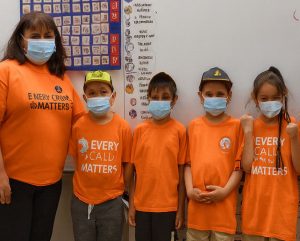
We are First Nation education advocates. Through letter-writing, political advocacy, media interviews, Op-Eds and partnerships with academic institutes and human-rights groups, we challenge outdated federal policy and demand a shift toward fully self-governed education systems.
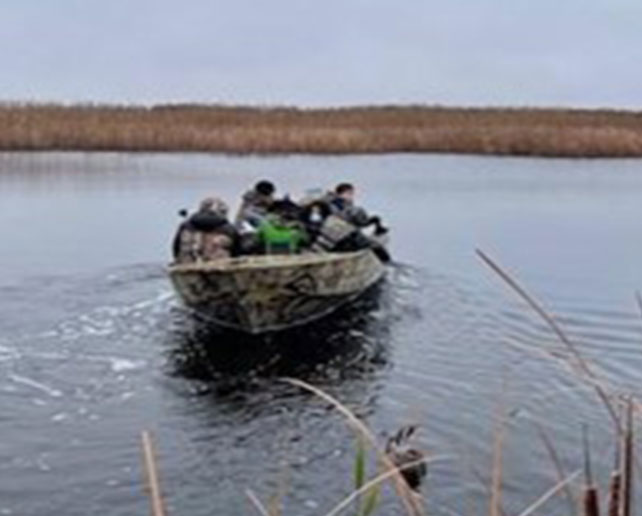
We have developed a new First Nation education funding model to meet unique needs of each community. Our “funding parity plus” model includes resources to build local curriculum, language-first programming and adequate infrastructure for schooling, including on-reserve schools.
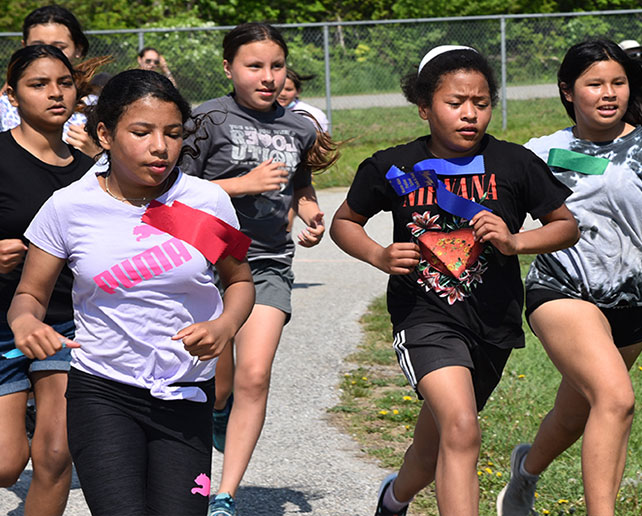
We develop resources for our members to help raise understanding and advance local First Nation education self-determination.
We also seek partnerships with like-minded organizations. Past partnerships include Western University, OPHEA and First Nations Education Administrators.
The FNWSC thanks the Government of Canada for funding received through the Innovation in Education, Regional Education Agreements and Education Partnerships Program-Structural Readiness Grants for First Nations and First Nation affiliate organizations to build structural capacity in education.

